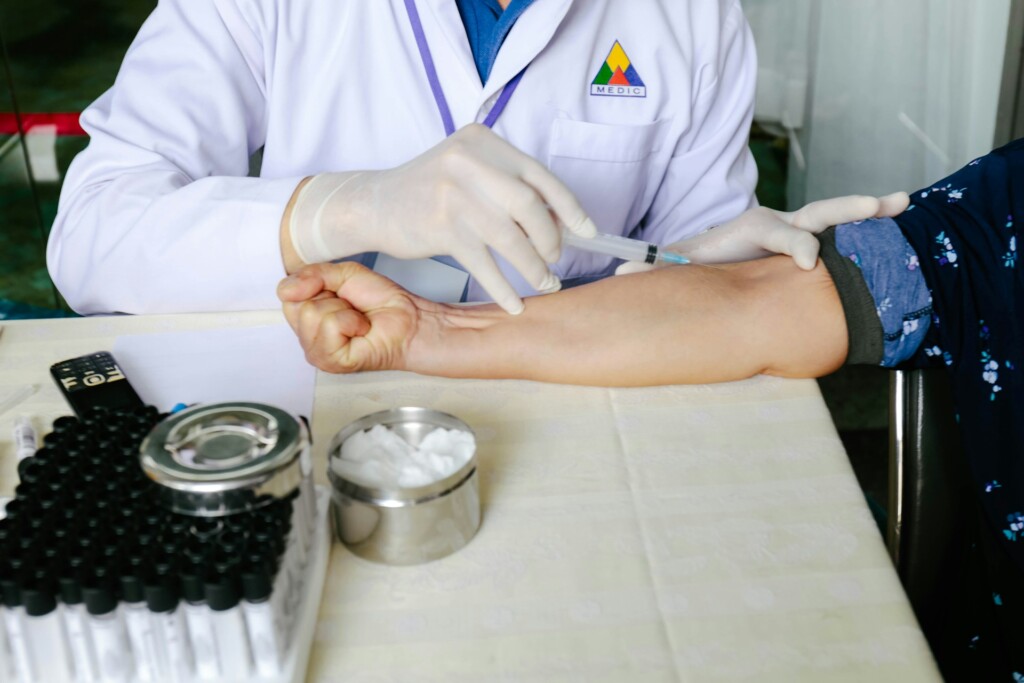Preventive care plays a crucial role in maintaining and enhancing long-term health. Focusing on routine checkups, early detection, and fostering proactive habits helps reduce the risk of chronic illnesses and paves the way for a healthier life.
This blog will explore the importance of preventive healthcare, its benefits, and how you can integrate it into your daily routine for lasting health improvements.
What Is Preventive Healthcare?
Preventive healthcare refers to medical practices focused on preventing illnesses or detecting them early when they are easier to treat.
Unlike reactive treatments, preventive care aims to address potential health problems before they become more severe or costly. Key elements of preventive care include immunizations, screenings, lifestyle changes, and regular consultations with healthcare providers.
When integrated effectively, preventive healthcare can significantly enhance the quality of life and reduce long-term healthcare costs.
The Impact of Preventive Care on Long-Term Health
1. Early Detection Saves Lives
One of the primary goals of preventive care is early detection. Routine checkups and regular screenings help identify health issues like cancer, diabetes, and heart disease at an early stage when treatment is more effective. For instance, detecting breast cancer early through mammograms can increase survival rates by up to 90%.
By incorporating measures like annual physical exams and blood work, you can stay ahead of potential health issues and act promptly.
2. Reducing the Burden of Chronic Diseases
Chronic illnesses like hypertension and diabetes are responsible for over 70% of deaths worldwide. Preventive care can mitigate these challenges by focusing on risk factors such as obesity, smoking, and high cholesterol.
For example:
- Routine Checkups detect signs of health concerns early, such as rising blood pressure.
- Best Home Care services help manage conditions effectively, ensuring proper medication adherence and a healthy routine.
Prevention not only lowers the likelihood of developing chronic diseases but also ensures better management for those already diagnosed.
Key Components of Preventive Healthcare
1. Routine Checkups
Regular visits to your healthcare provider serve as the foundation of preventive care. These checkups help monitor your overall health, identify early warning signs, and provide personalized advice for a healthier lifestyle.
2. Immunizations and Screenings
Vaccinations protect against infectious diseases, while screenings help detect conditions like cancers and high cholesterol. For example, colorectal cancer screening has been shown to reduce deaths by up to 50% when performed routinely.
3. Lifestyle Modifications
Adopting habits like regular physical activity, a balanced diet, and sufficient sleep greatly contributes to preventive healthcare efforts. For instance:
- A diet rich in fruits, vegetables, and whole grains supports heart health.
- Regular exercise reduces the risk of chronic diseases such as type 2 diabetes.
4. Mental Health Check-ins
Preventive care extends beyond physical health to include mental well-being. Regularly checking in with professionals to address stress, anxiety, and depression is essential for overall health.
The Benefits of Preventive Healthcare
Improved Quality of Life
With early detection and proactive interventions, people enjoy better health and experience fewer complications from diseases.
Cost Savings
Preventive care practices are often much more affordable than treating advanced illnesses. For instance, addressing weight-related issues early prevents expensive treatments for obesity-related conditions, such as heart attacks and joint replacements.
Healthier Communities
On a larger scale, preventive care contributes to healthier populations, reducing the overall burden on healthcare systems and enabling efficient resource allocation.
How To Incorporate Preventive Care Into Your Life
- Schedule Regular Checkups:
Make annual physical exams a non-negotiable part of your routine to stay informed about your health status.
- Explore Best Home Care Options:
For individuals with specific needs, professional home care services can bridge the gap between managing chronic conditions and preventive measures.
- Adopt Healthier Lifestyle Habits:
Focus on balanced nutrition, regular exercise, and stress management to enhance both physical and mental well-being.
- Stay Up To Date On Vaccinations:
Speak to your healthcare provider about the vaccines you need, such as flu shots or COVID-19 boosters, to stay protected.
- Know Your Family History:
Understanding your genetic predispositions helps healthcare providers tailor preventive strategies for your needs.
Start Shaping Your Health Today
Taking control of your health means making informed decisions and prioritizing preventive care.
By integrating routine checkups, adopting healthier habits, and exploring options like the best home care services, you can safeguard your long-term well-being and enjoy a higher quality of life. Don’t wait for health issues to arise. Make preventive healthcare a priority today for a healthier tomorrow.






